PET bottle waste
Plastics Europe launches Plastics – the fast Facts 2023
Plastics Europe has launched its new ‘Plastics – the fast Facts 2023’. The fast Facts is a more visual and user-friendly format for the publication of preliminary global and European plastics production, trade partners and other key data. Finalised and more comprehensive data will be published in the ‘Circular Economy for Plastics – A European Overview’ report, early 2024.
This year’s Plastics – the fast Facts has identified a number of key developments and trends.
Faster growth in circular plastics
The global production of plastics reached 400.3 Mt in 2022, which was a slight increase compared to the previous year. PET bottle waste
Most notable, however, is that, proportionally, circular plastics production grew 16 times more than fossil-based plastics and has now reached nearly 10% of global production. The growth of circular plastics is expected to increase at an even faster rate over the coming years.
The circularity picture in Europe is even more positive. Fossil-based plastics production is decreasing, while circular plastics production has increased by 29.2% since 2018, reaching a 19.7% share of overall European plastics production in 2022.
Accelerating this trend, which is necessary to realise the European Union’s Green Deal and circularity ambitions, will require a very significant increase in the collection, sorting, recycling, as well as increased access to high-quality circular feedstock, and abundant and affordable renewable energy.
Growing competitiveness pressures for European manufacturers
More concerning from a European perspective, is that the fast Facts 2023 confirms the growing competitiveness gap between Europe and the rest of the world.
Europe’s share of global plastics production has fallen from 28% in 2002 to 14% in 2022, with North America and China accounting for 17% and 32% respectively. And European plastics production has also decreased in absolute terms, even though demand for conversion and consumption of plastic products by end-consumers in Europe remains stable. PET bottle waste
Europe’s producers are under significant competitiveness pressures for a number of reasons, including high energy prices, a more stringent regulatory framework and access to raw materials.
If this continues Europe will become increasingly dependent on imports, which do not necessarily meet EU sustainability standards, to satisfy the demand for plastics and achieve our legal targets. The ability of European plastic producers to invest in our circularity and net zero transitions, and the transitions of the many downstream sectors that rely on plastics, will also be undermined. This will also negatively impact on the competitiveness of these sectors and increase their exposure to international shocks.
The fast Facts confirms that China, followed by Europe, is the global leader in relation to bio-based plastics production and recycling. PET bottle waste
To safeguard and restore European competitiveness plastics manufacturers need an enabling policy framework that incentivises investments and creates a level playing field through, for example, a true EU equivalent to the US Inflation Reduction Act, and the creation of a harmonised and consistent regulatory framework across the Single Market.
Releasing the potential of chemical recycling
The world’s recycled plastics production continued to increase in 2022, reaching 35.5 Mt, or an 8.9% share of overall global plastics production, with Europe accounting for 21% of global recycled plastics production.
Chemical recycling is essential for producing enough high-quality recycled plastics for applications which are complex or have high safety requirements, such as food contact, automotive, and building and construction materials. In 2022, Europe produced more than 50% of the chemically recycled plastics globally. PET bottle waste
With over €8 billion of investment already announced, and provided that policy makers deliver the legislative acceptance of this technology that is so urgently required, the volume of chemical recycling plastics should increase significantly over the coming years.
Learn more about announced investments in chemical recycling, and the policy framework needed for a rapid scale-up in Europe, on Plastics Europe’s dedicated webpage (here).
More…
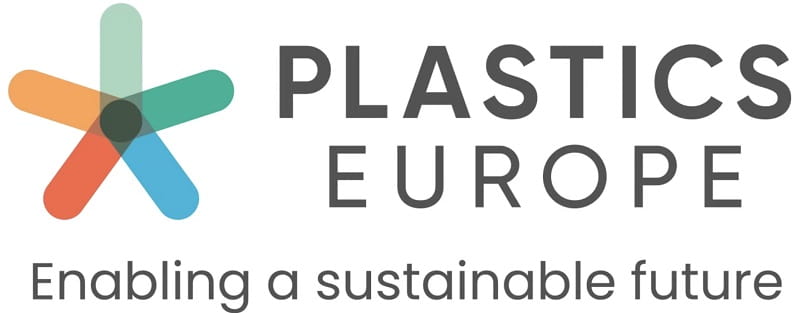
How Flexible Packaging Benefits from Today’s Corona Treatment
Smart upgrades address pressing sustainability, as well as workforce and business growth challenges, to make sure your pouches, bags, and films are the best they can be.
Corona treatment is a prime example of how upgrades to so-called legacy technologies enable new and cost-effective solutions to today’s most pressing challenges.
At their core, corona treatment systems increase the surface energy of materials like plastic films or special papers so they can be printed or coated, ensuring uniform results and effective adhesion. Converting, narrow-web flexography, textile finishing, and a host of other applications benefit from corona treatment to ensure premium printed quality and optimized line speeds. PET bottle waste
Let’s look at how corona treatment will become more central to surmounting three present-day and soon-to-be-here issues: sustainability concerns, workforce challenges, and business expansion.
- Sustainability concerns.
The modern food industry has long relied on plastic film to ensure safety, quality, and shelf life of endless products. Corona treatment is used in the printing, lamination, and coating of flexible packaging that is a central tenet of the food market.
Given rising consumer concerns and a rapidly shifting regulatory environment, the nature of film will change, most likely with the inclusion of more recycled film materials or substrates that are combined with paper. Corona treatment will be even more important to secure unified surface quality as the substrate landscape expands.
From a process perspective, the latest technology removes corona treatment’s ozone emissions by converting ozone into oxygen. Purifying the air is achieved through using a catalyst bed of metal oxides, with easy monitoring and replacement of filters for optimum catalyst protection.
- Workforce challenges.
Ozone removal benefits the larger environment and, of equal importance, avoids exceeding the limits of ozone surrounding the exhaust area in any case.
More…
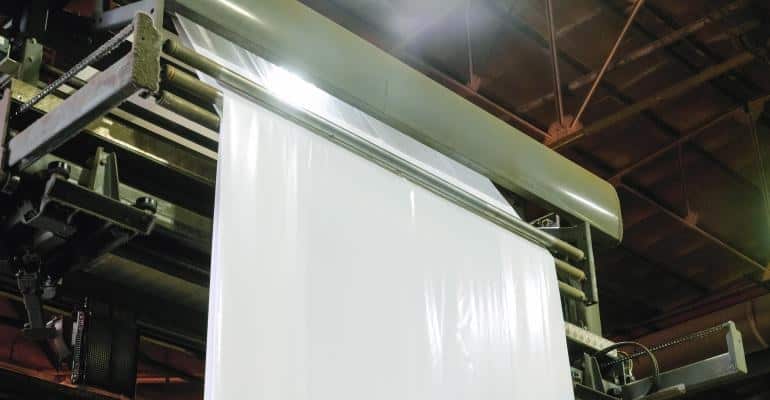
Go Rewise aims to recycle 25% of India’s PET bottle waste by 2025 partners with Coca Cola for 100% recycled PET bottles
Go Rewise, a brand by Ganesha Ecosphere (XNSE: GANECOS), recycling partner and food grade rPET provider is taking another meaningful step towards creating a circular economy. It has announced that it intends to recycle 25% of India’s PET bottle waste by 2025.
Go Rewise is at the forefront of building a green supply chain for India, with a bold objective to recycle 25% of India’s PET bottle waste by 2025 and create a circular economy. With 25 years of industry expertise, Go Rewise has deployed state-of-the-art Super Clean recycling technology to produce premium quality, FDA, EFSA-certified, and food-safe rPET materials. Every rPET product also comes with EPR certification, assuring transparency and traceability in the supply chain. PET bottle waste
Go Rewise aims to solve India’s increasing plastic waste problem and brings sustainable packaging solutions for various FMCG brands. The company recycles 9.3 billion bottles annually and is expected to see double-digit growth given the Government’s Extended Producer Responsibility and Plastic Waste Management mandates to curb plastic pollution.
Yash Sharma, Founder, Go Rewise and Director at Ganesha Ecosphere, said: “At Go Rewise, our goal is not just to recycle plastic but create viable options for green supply chain and circular economy solutions in India. Recycling is not just an environmentally responsible choice; it is a powerful tool to mitigate the effects of climate change. The recycling expertise we’ve harnessed from 25 years in the industry enabled us to push the boundaries of what’s possible in PET recycling in India, and the partnerships with Manjushree for conversion and Coca-Cola for adoption of rPET helped us launch new sustainable packaging solutions at scale.” PET bottle waste
More…
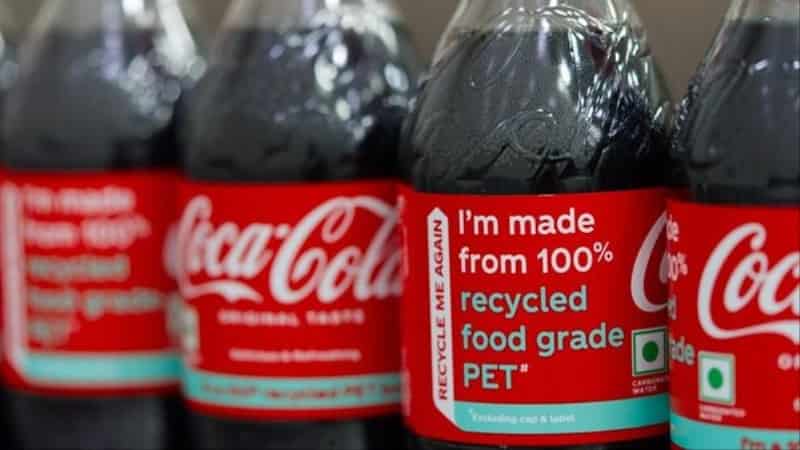
Ascend to further increase prices on nylon polymers, compounds and monomers
Ascend Performance Materials, the largest fully integrated producer of nylon 6,6, announced another round of global price increases on its polyamide polymers, compounds and monomers due to significant increases in input costs, where contracts allow, as follows:
| Material |
Price Increase |
Notes |
| Neat PA66 polymer |
$0.20/kg |
In addition to Oct.
increase. |
| PA6 compounds |
$0.20/kg |
In addition to Oct.
increase. |
| PA66 compounds |
$0.30/kg |
|
Hexamethylene diamine
Adipic acid |
$0.15/kg |
In addition to Oct.
increase. |
This is the second increase Ascend has announced in as many months.
These price increases will take effect Nov. 1, 2023. Customers should contact their sales representative for additional information. PET bottle waste
About Ascend Performance Materials
Ascend Performance Materials makes high-performance materials for everyday essentials and new technologies. Our focus is on improving quality of life and inspiring a better tomorrow through innovation. Based in Houston, Texas, and with regional offices in Shanghai, Brussels and Detroit, we are a fully integrated material solutions provider with global manufacturing facilities in North America, Europe and China. Our global workforce makes the plastics, fabrics, fibers and chemicals used to make safer vehicles, cleaner energy, better medical devices, smarter appliances and longer-lasting apparel and consumer goods. We are committed to safety, sustainability and the success of our customers and our communities. PET bottle waste
More…
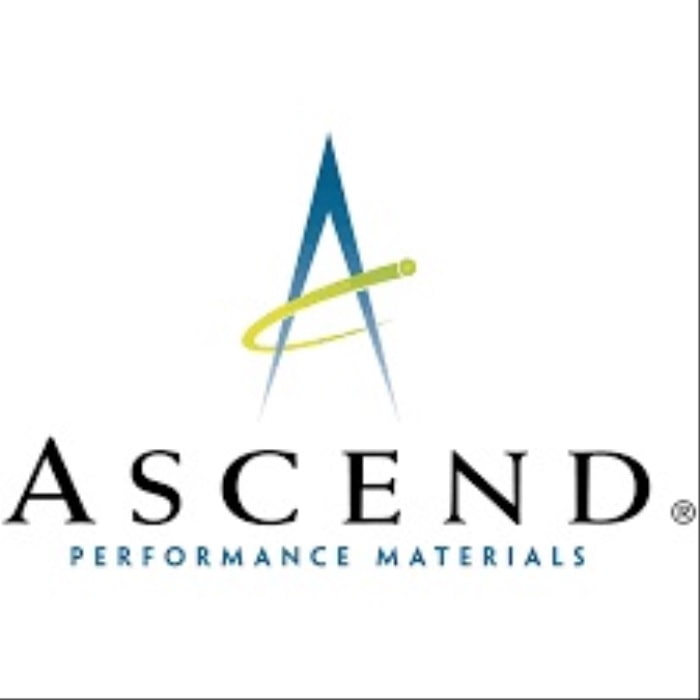
Braskem continues investing in the development of its biopolymers in Asia and opened a Tokyo Representative Office
Braskem, the leading global biopolymer producer, today announces the opening of its Representative Office in Tokyo, Japan one of the key markets for Braskem’s I’m greenT bio-based Polyethylene (PE). This expansion reinforces our continuous commitment to the Japanese market and the continued development the biopolymer solutions based on renewable feedstock. PET bottle waste
For over 15 years, Braskem has provided biopolymers to the Japanese market as part of its sustainable solutions, in line with the countries goals to become a carbon neutral circular economy.
Braskem’s biopolymer I’m greenT bio-based Polyethylene (PE) delivers an important contribution to a carbon-neutral society and mitigation of climate change as the product has a negative carbon footprint, from the sugar cane crop to polymer production. Through this process, we can removes CO2 from the atmosphere through photosynthesis and stores the carbon in the biopolymer that can be further mechanically or chemically recycled.
Braskem recently increased the production capacity of biopolymers in Brazil by 30% and has established an JV with SCG Chemicals to develop a project in Thailand to increase the regional availability of I’m greenT bio-based Polyethylene (PE) in Asia.
Walmir Soller, VP of Braskem for Europe & Asia and Global Leader for the I‘m greenT bio–based PE business, said “We are always looking for opportunities to expand the I’m greenT bio-based PE reach and deliver low-carbon alternatives to our clients, aligned with the increasing societal demand for sustainable solutions.
Our Representative office in Japan will be Braskem’s ambassador to work with local stakeholders, and advocate for the development of the low carbon solutions. We want to be an active partner in Japan’s journey towards net zero, by contributing our plastics from sustainably sourced renewable feedstock.” PET bottle waste
More…
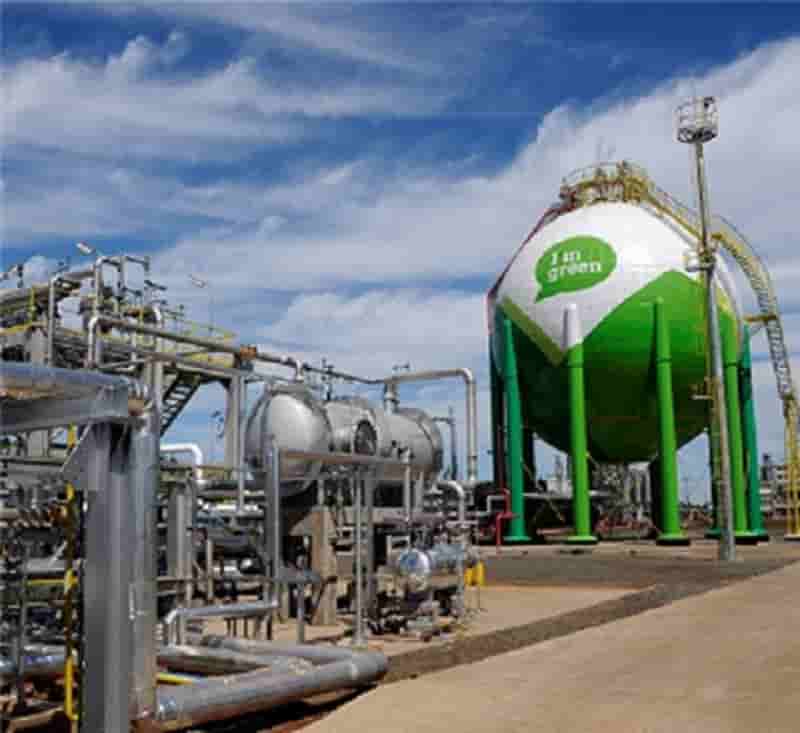
Covestro commissions recycled polycarbonate compounding line in China
The Shanghai facility has an annual processing capacity of 25,000 tons
Germany-based polycarbonate manufacturer Covestro has started operating a new compounding line in Shanghai. It is the company’s first dedicated mechanical recycling compounding line for polycarbonates in China.
The new line is set to produce over 25,000 tons of polycarbonates and blends containing mechanically recycled materials annually, in response to the growing demand for post-consumer-recycled (PCR) plastics, particularly in applications within the electrical and electronic products, automotive, and consumer goods sectors. PET bottle waste
Covestro plans to supply over 60,000 tons of recycled-content polycarbonates annually in the Asia Pacific region by 2026, in response to robust market demand. Recently, the company also transformed an existing compounding line at its Map Ta Phut site in Thailand for mechanically recycled polycarbonate. The move is part of a programme to expand capacity in the region, which also includes the addition of new production lines at sites in Guangzhou, China, as well as Greater Noida, India. The combined additional capacity now exceeds 100,000 metric tons annually.
“These investments enable us to meet the rising demand for PCR polycarbonates, enhancing our capacity and efficiency. With new or repurposed capacity now operational, we are better positioned to assist our downstream customers in their journey towards more sustainable products, expediting the transformation of industries towards a circular and climate-neutral future,” said Lily Wang, head of Covestro’s business entity engineering plastics. PET bottle waste
More…
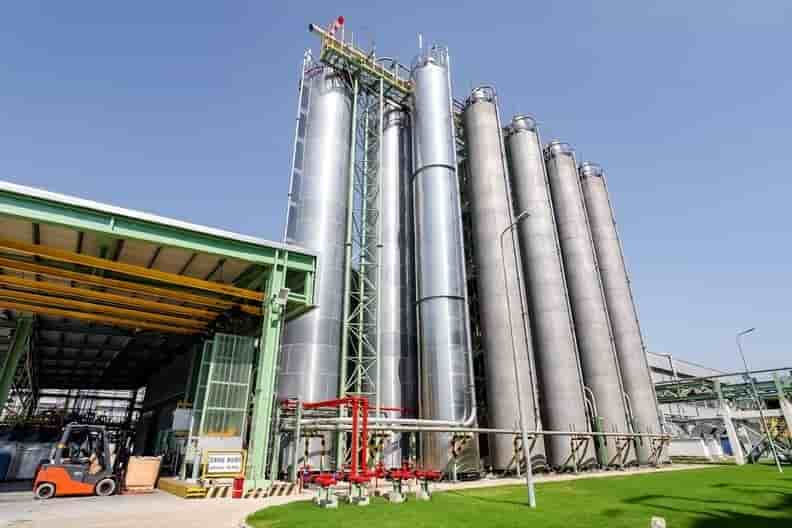
Sesotec lets users take full control of regrind purity, quality
Dietmar Dieing, Sesotec vice president of sales, left, and Bartosch Jauernik, group director product management, at Fakuma 2023.
The 2023 edition of Fakuma opened its doors to the world premiere of Sesotec GmbH’s new sorting platform, Pre-Sort.
Sesotec says the platform promises to redefine precision, efficiency and sustainability in the plastics recycling industry.
The Schönberg, Germany-based company has been manufacturing recycling sorting systems for more than 40 years. It wants to leverage intelligent technology for an effective and profitable circular economy and has bet on combing the components of its Varisort Compact sorter, dedusting, material conveying, and central control into one platform to achieve just that. PET bottle waste
The Pre-Sort platform is designed to give users full control over the quality and purity of input material, minimizing dependency on external suppliers.
At Sesotec’s booth, a real-life sized platform can be seen hard at work. Mixed material flows are extracted from a bin, although silos, bags or octabins can also be used. The selection of sorting levels is done using preconfigured modes, with input material being assigned to three exemplary classes. Class one is for nearly homogenous input material, with low level of impurities, for example 90 percent good material, 10 percent foreign matter. This is the chosen class for the demonstration on the show floor, with a mix of blue and yellow, foreign, regrinds. PET bottle waste
More…
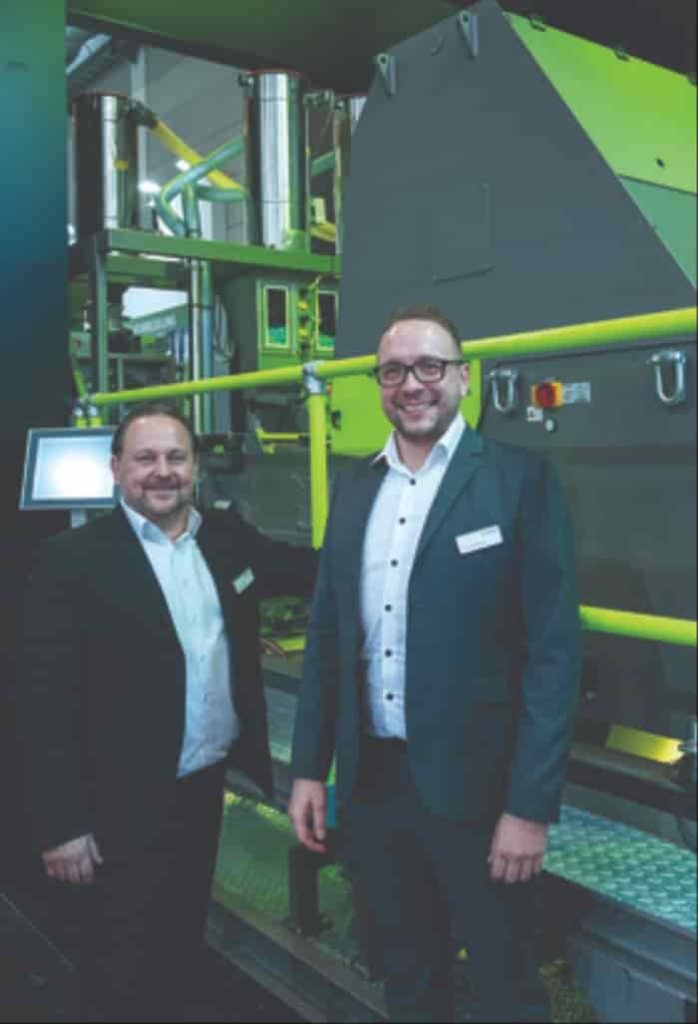
Returnable PET-bottles – Economic recovery in Europe? Maybe next year 20-10-2023
PET bottle waste







